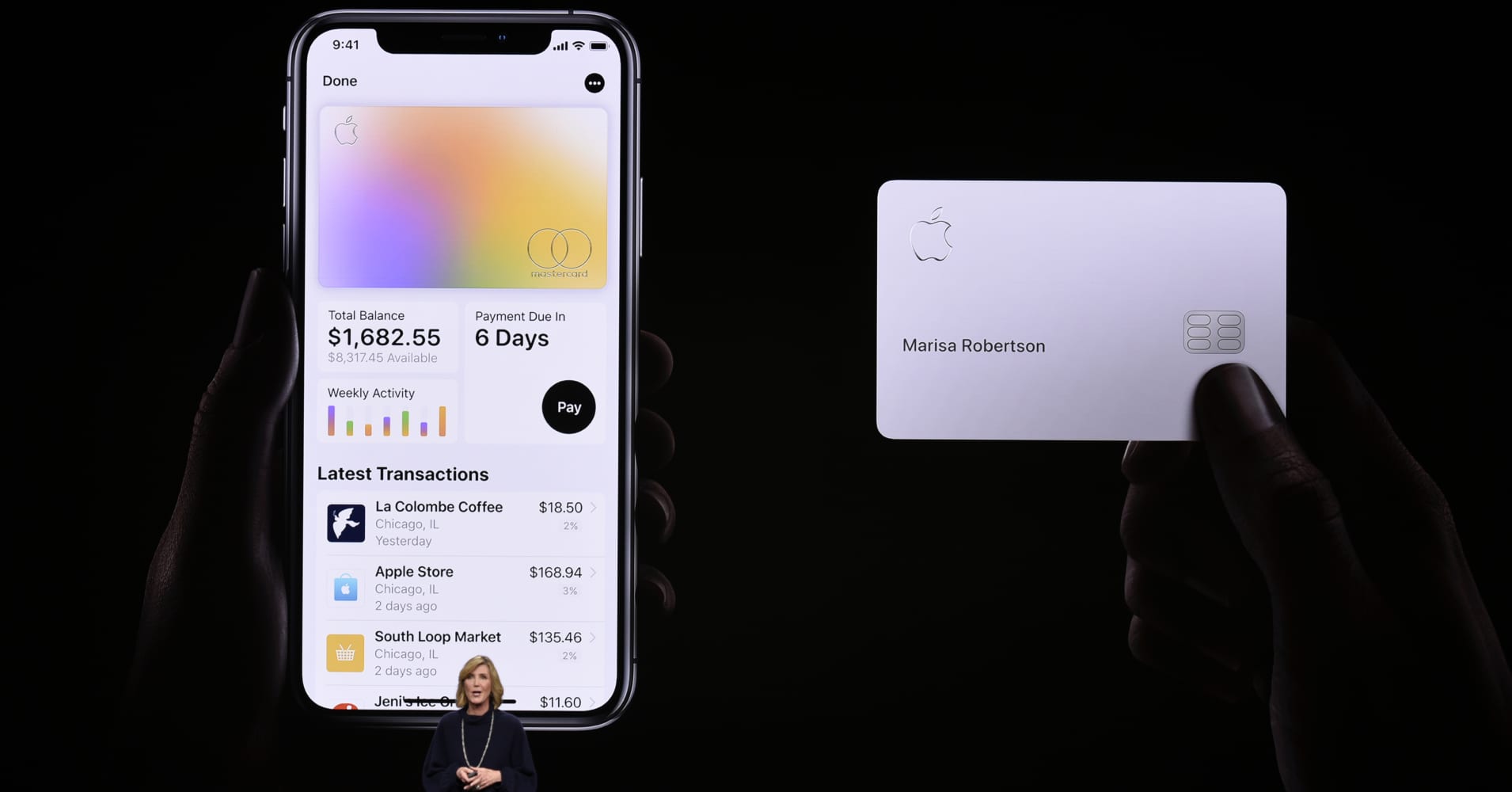
At this point, Apple isn’t sweetening the deal with a 0 percent introductory interest rate or balance transfer offers, Rossman said.
Rewards-wise, the card is also lackluster, he said.
The Apple card grants 2 percent cash back on Apple Pay transactions, 3 percent on direct Apple purchases and 1 percent on purchases with the physical card, according to the announcement Monday.
Other cards, such as the Citi Double Cash card, offer 2 percent cash back on all purchases — not just ones on Apple Pay, Rossman said.
What’s more, Rossman said, the U.S. Bank Altitude Reserve Visa Infinite card rewards mobile spending with 3 percent cash back or 4.5 percent off travel. “That’s really interesting: U.S. Bank offers better Apple Pay rewards than Apple,” Rossman said.
The Apple Card might make sense for people who frequently shop at the technology giant, said Matt Schulz, chief industry analyst at CompareCards.com.
Still, he said, he was scratching his head at the attention the card was receiving for having no fees. “Mr. Cook might have been overselling it a little bit,” he said. (For example, PenFed Credit Union has a card with no fees, and Citi has one without annual or late charges.)
“I was surprised that the offer didn’t have a little more to it,” Schulz added, “just because it’s such a competitive space.”
More from Personal Finance:
Here’s the real reason why your 401(k) fees are falling
Here’s why robo-advisors won’t replace human financial advisors
Your retirement finances may not be as bad as you think, survey finds
Be the first to comment